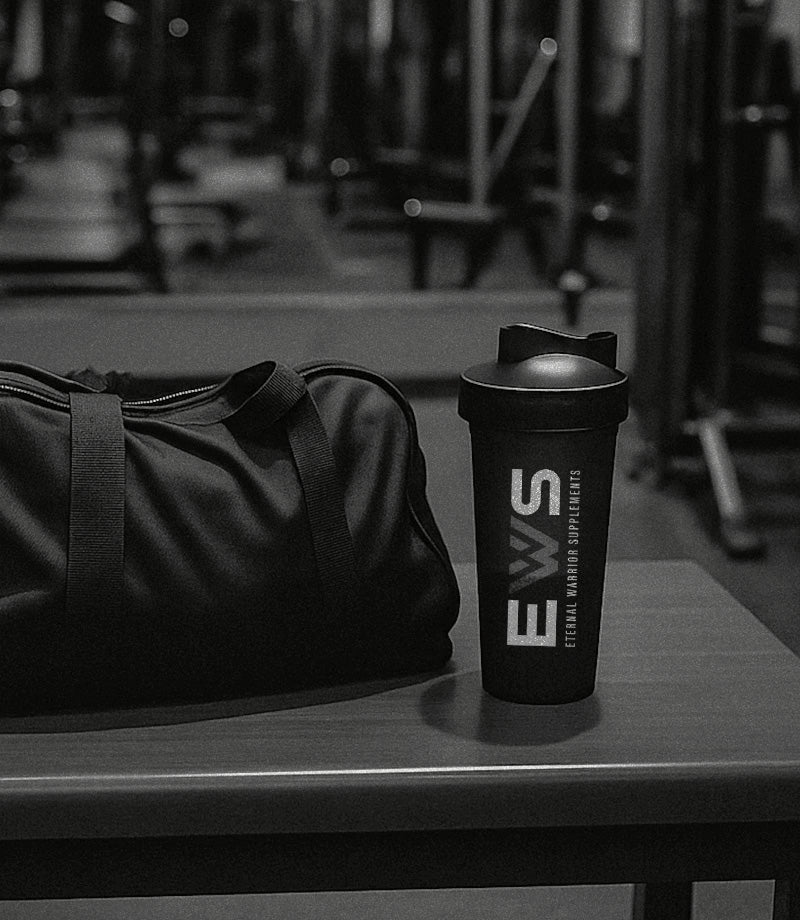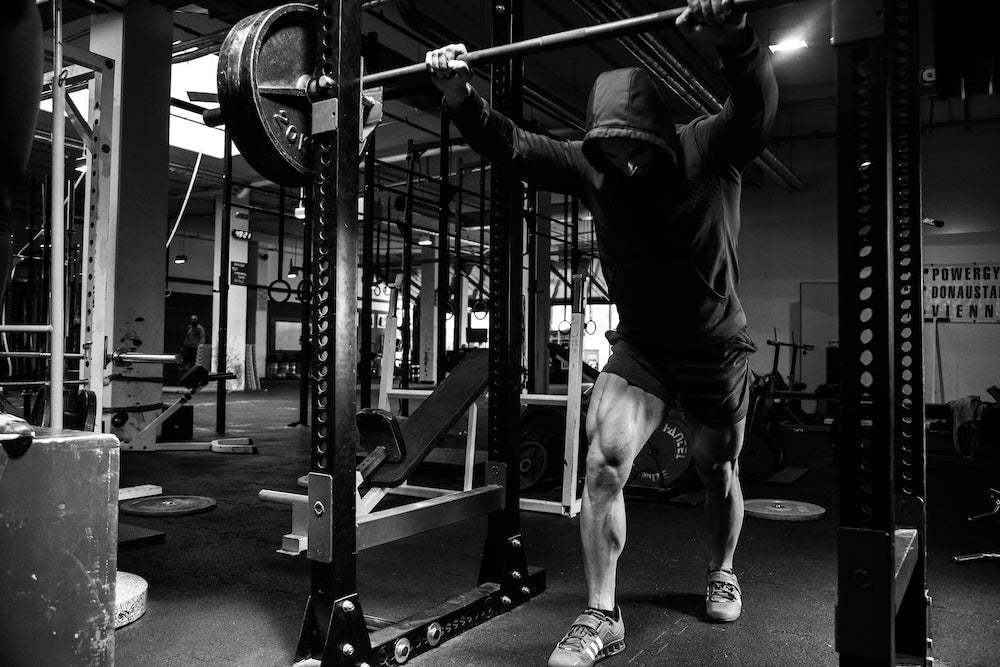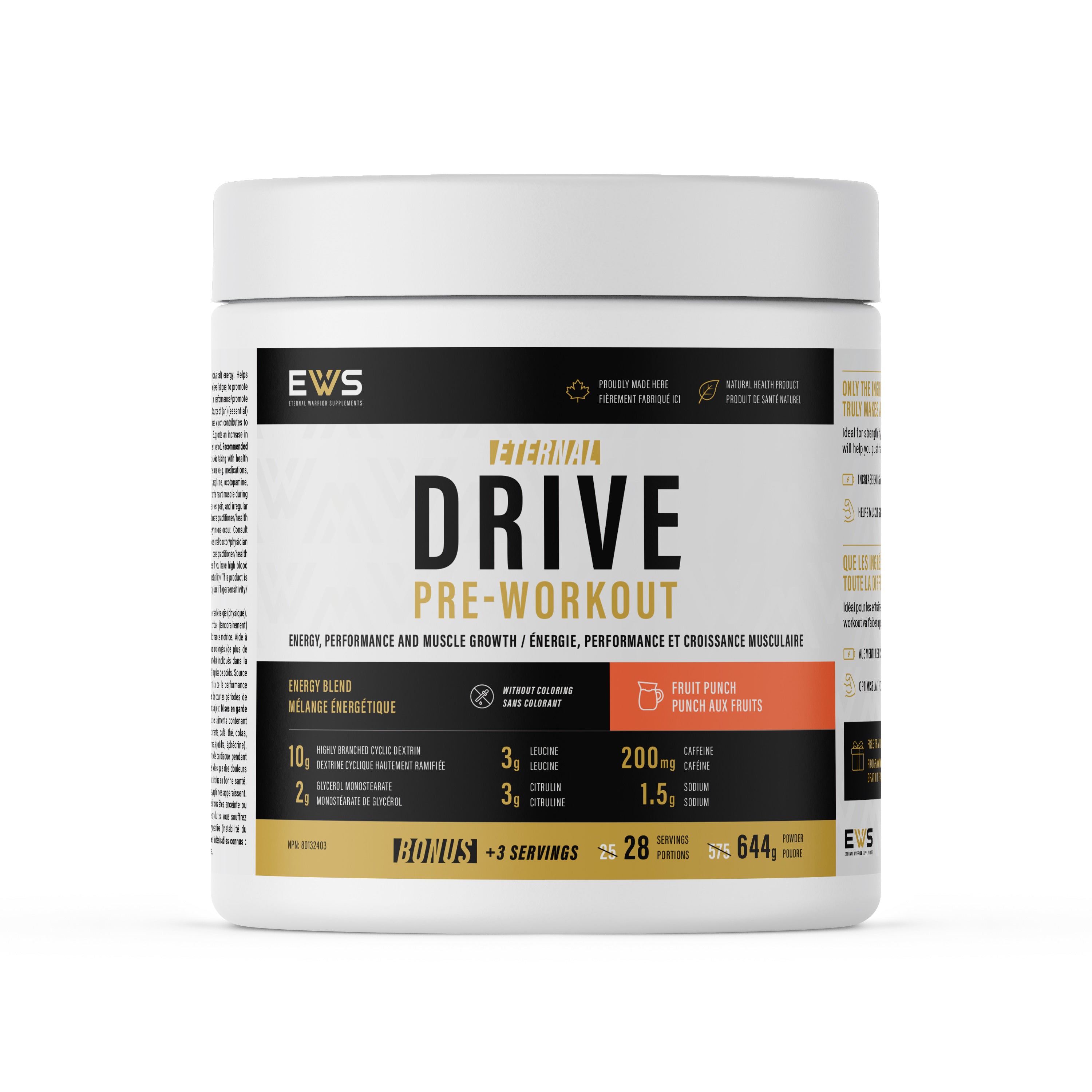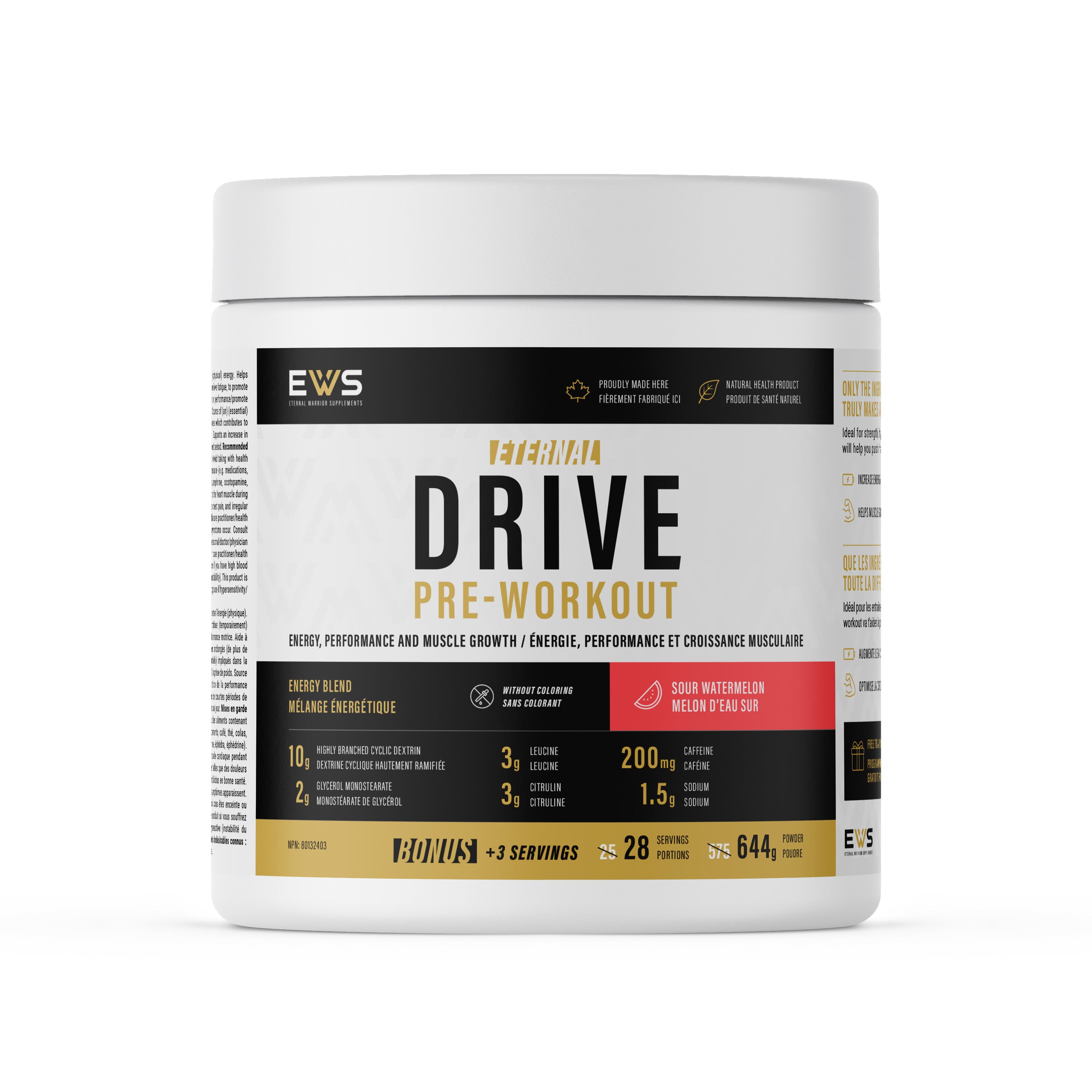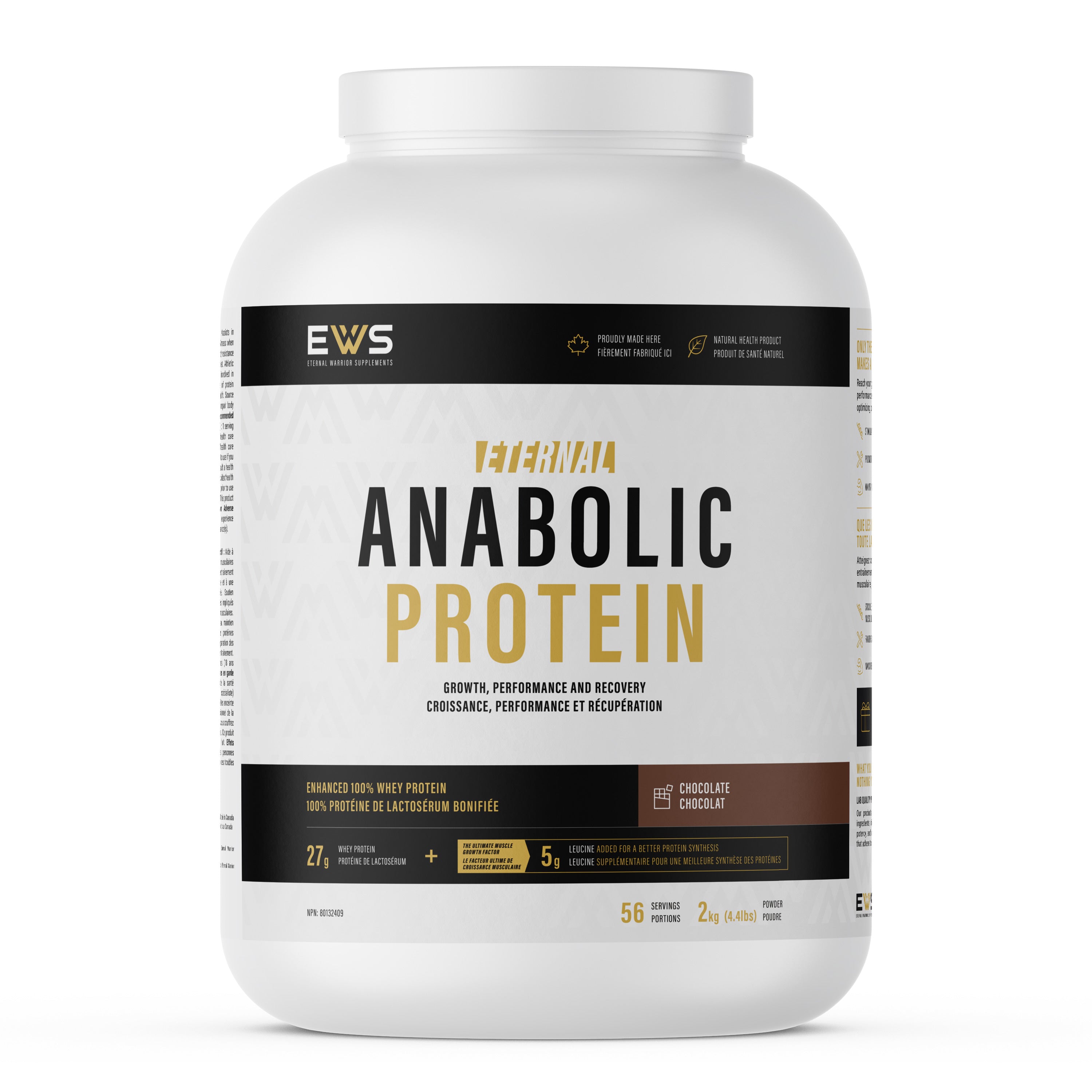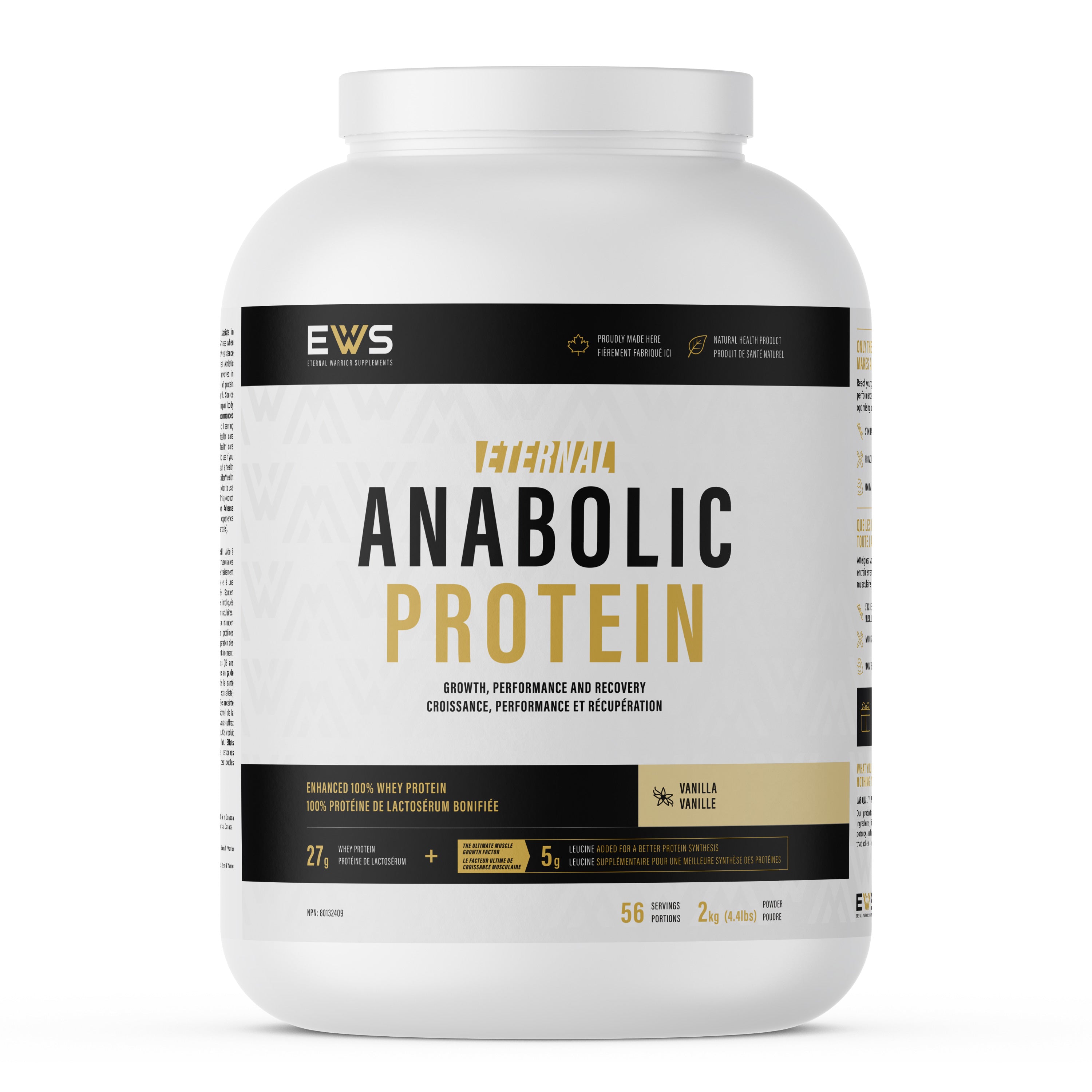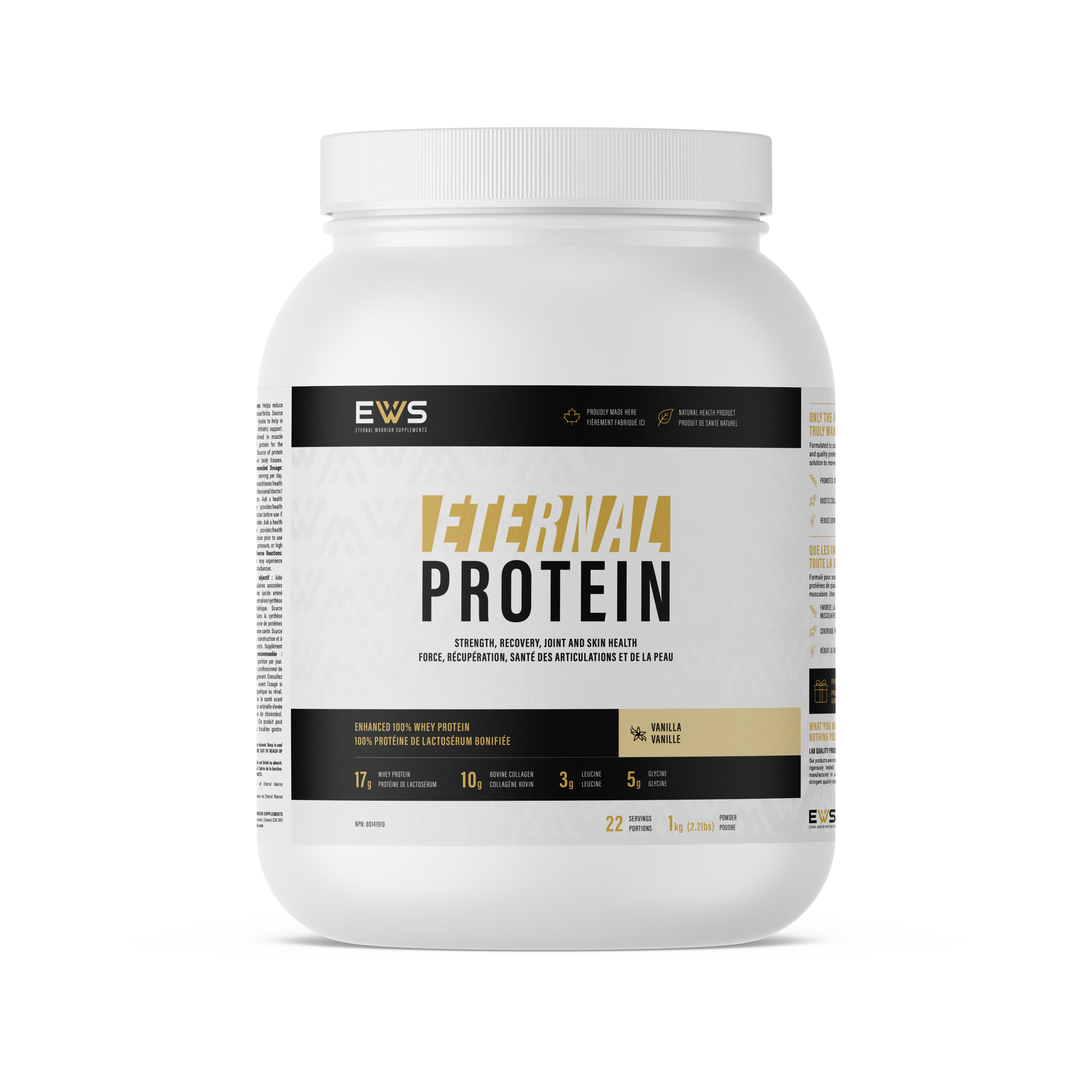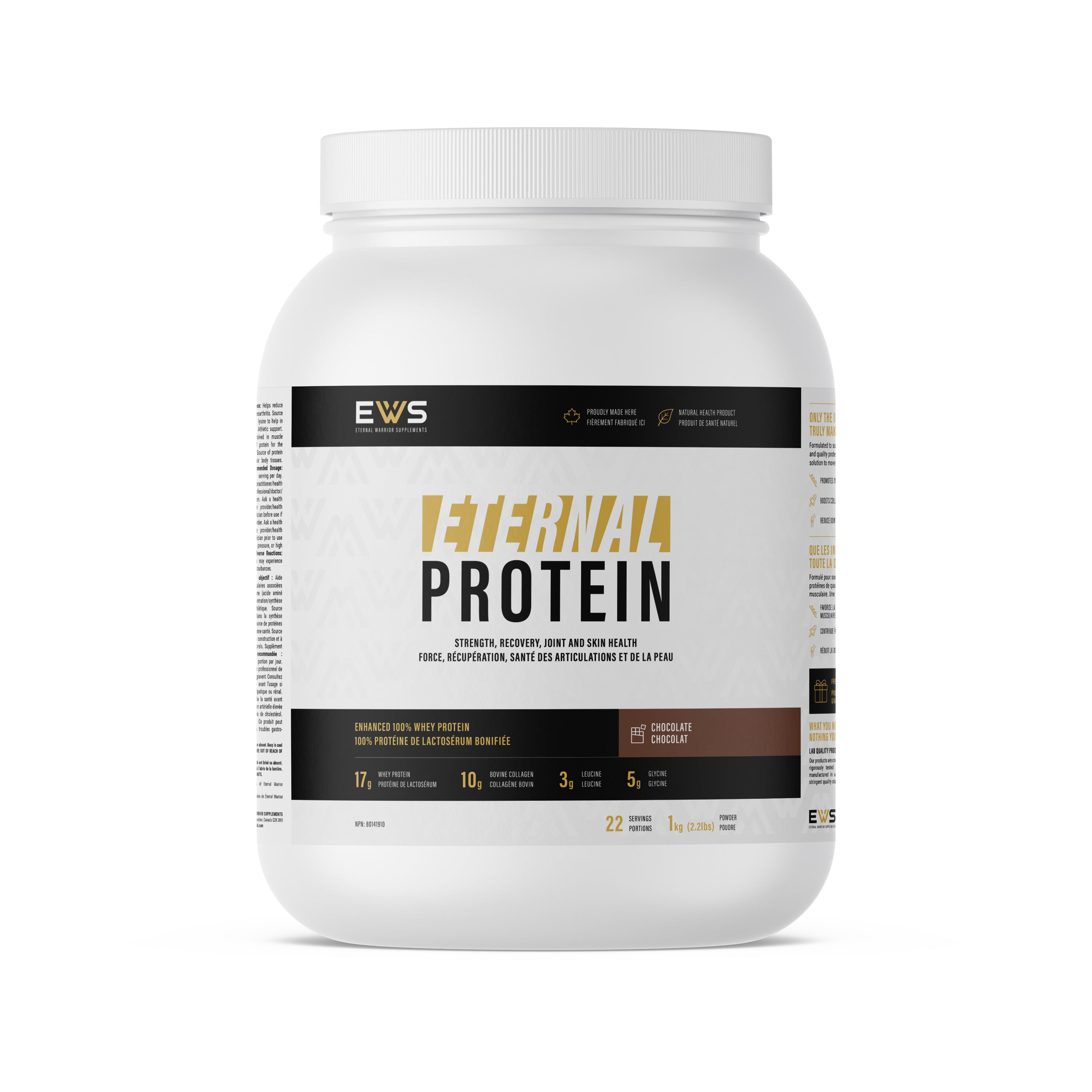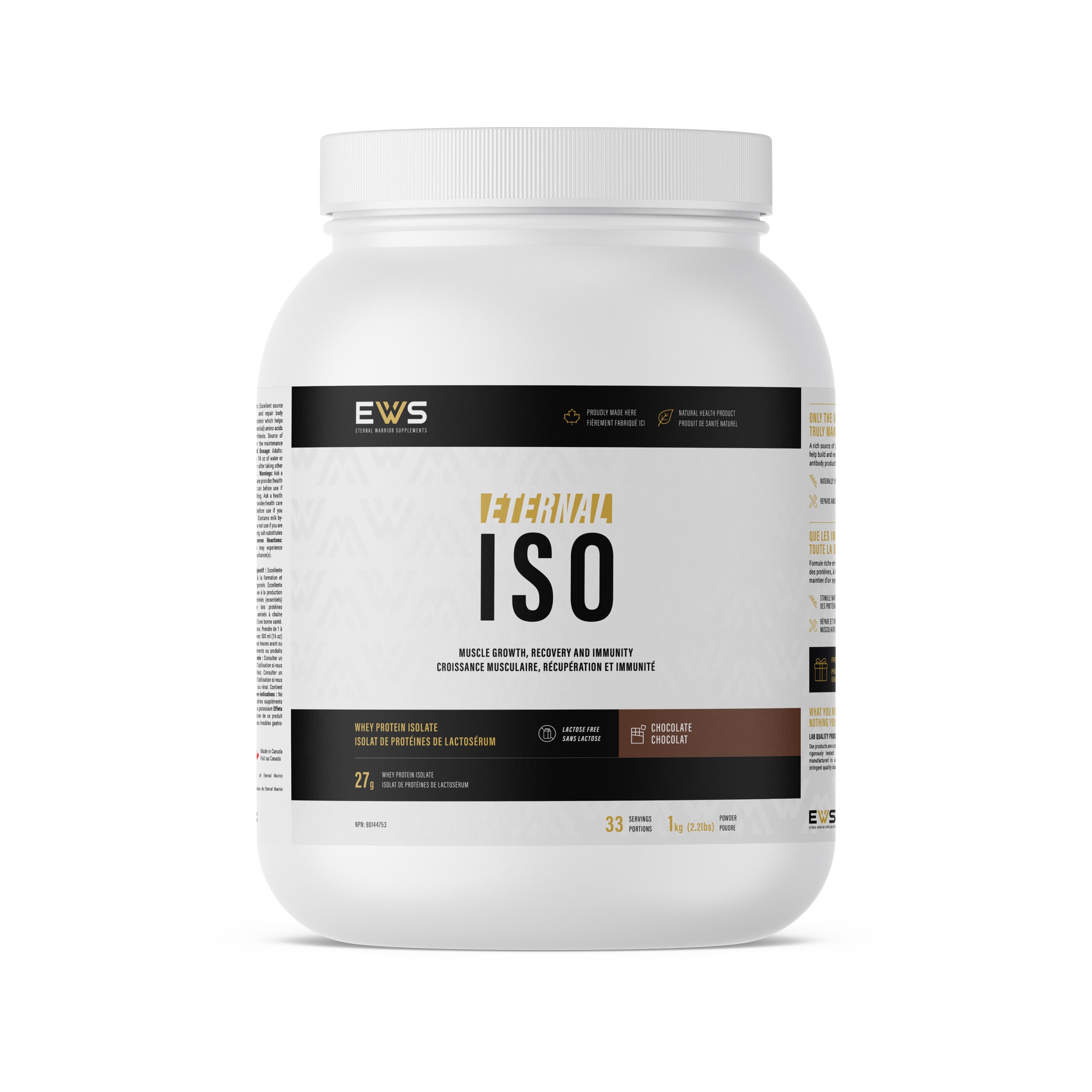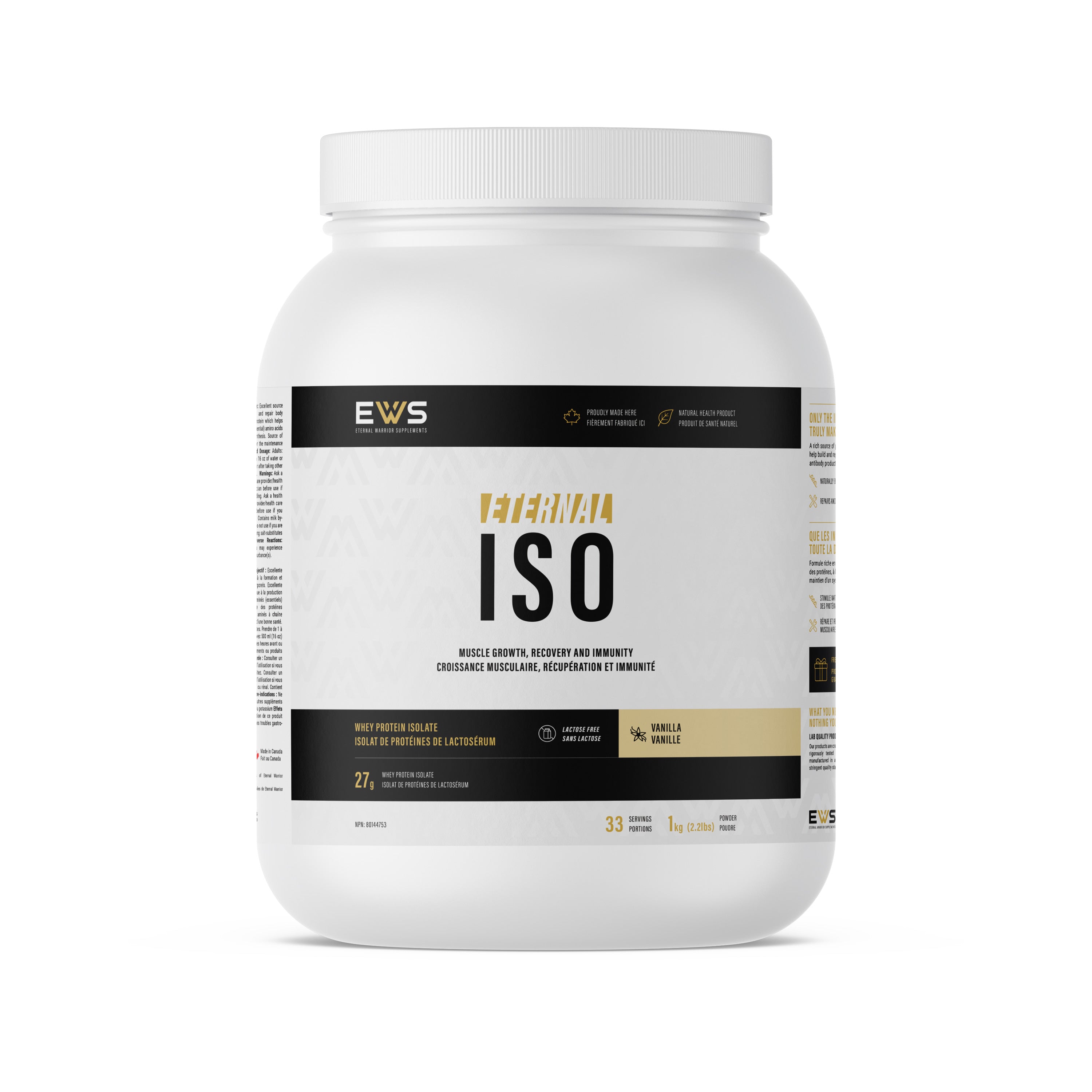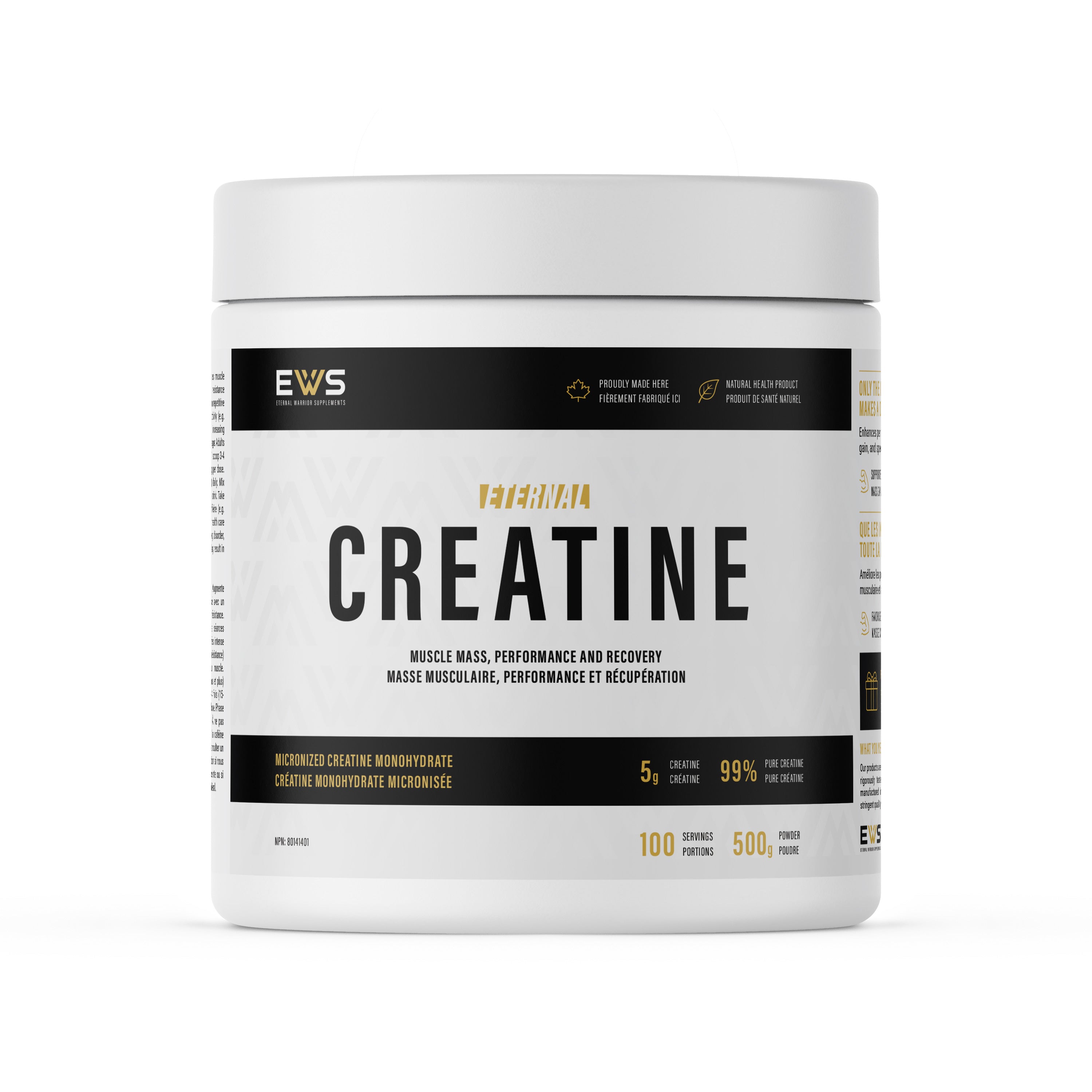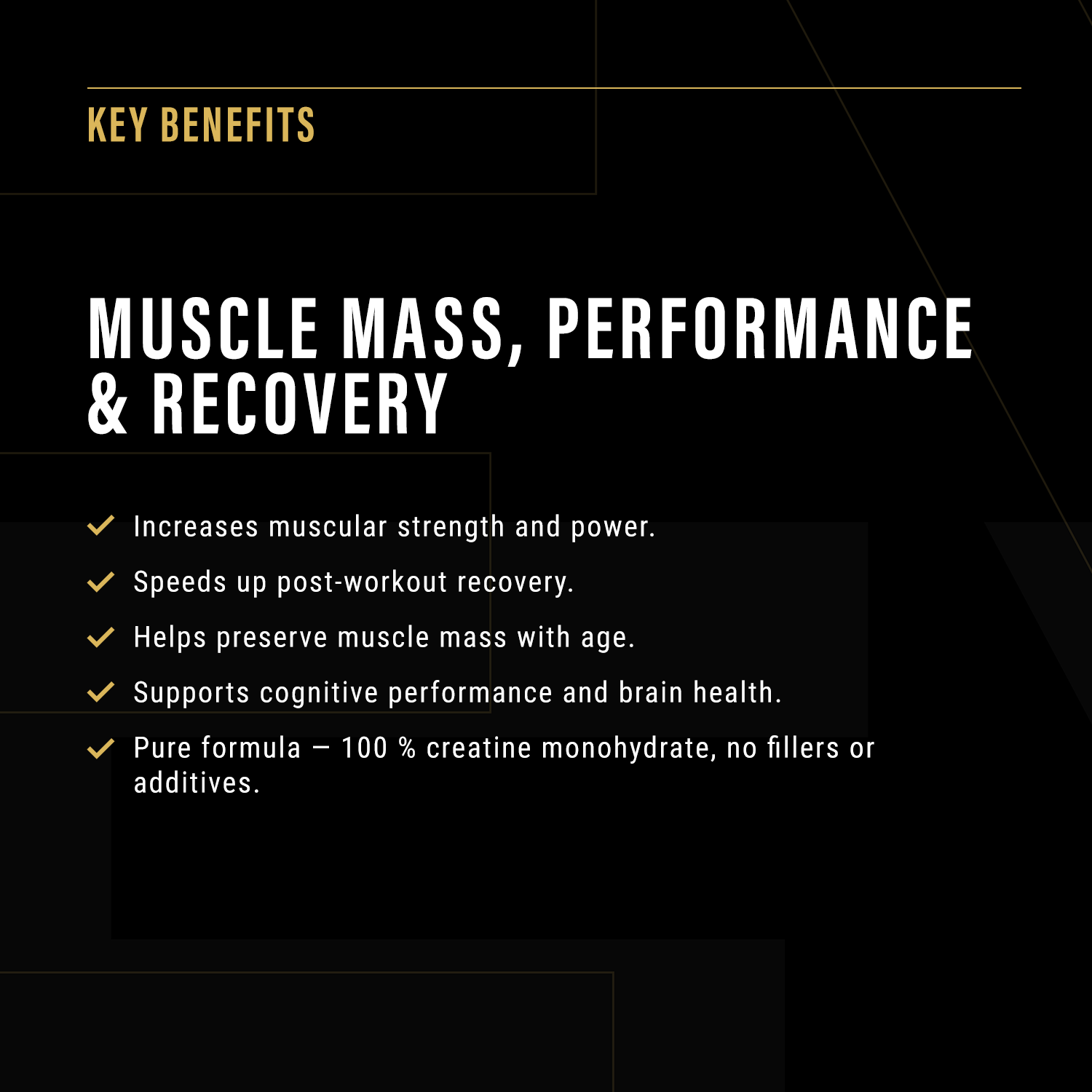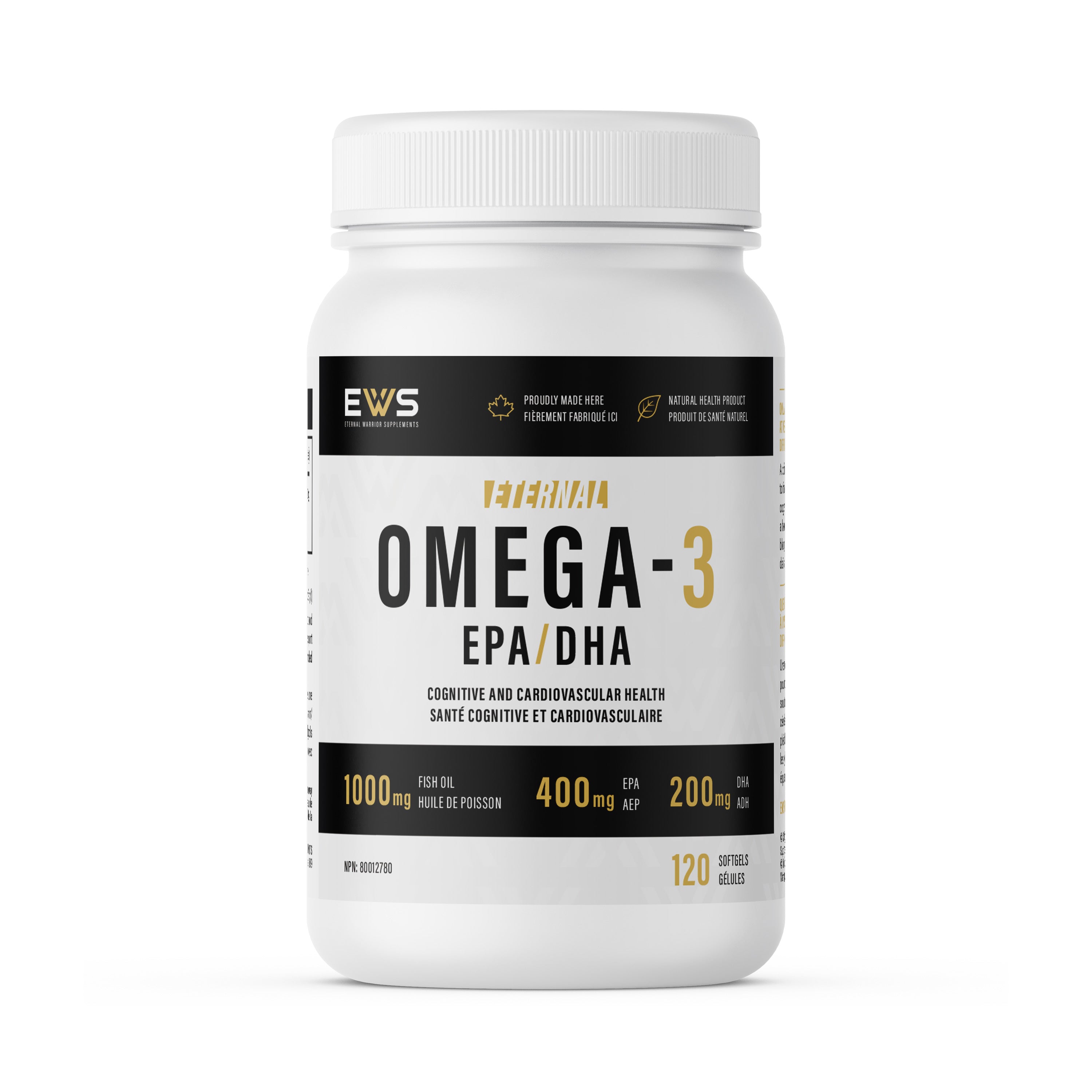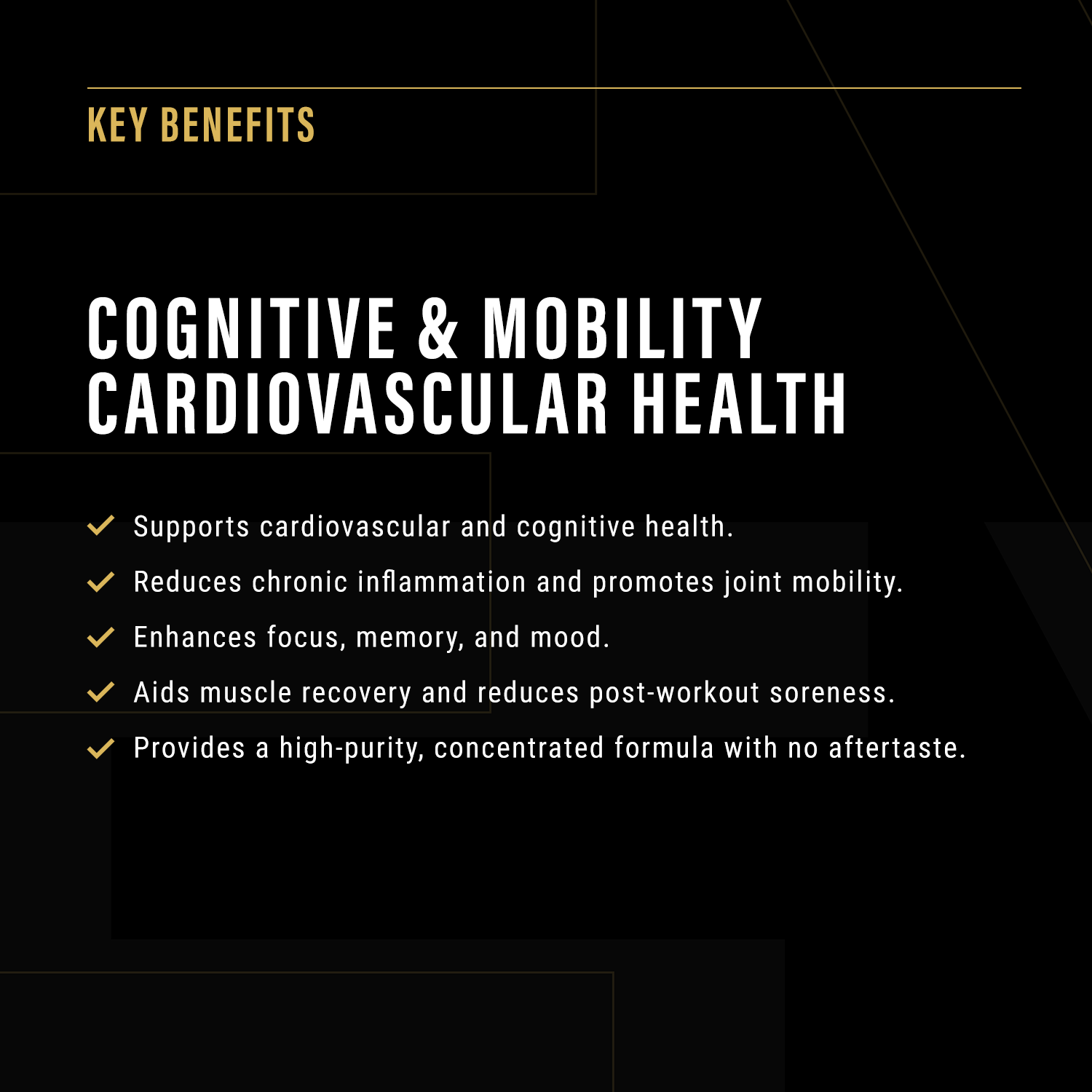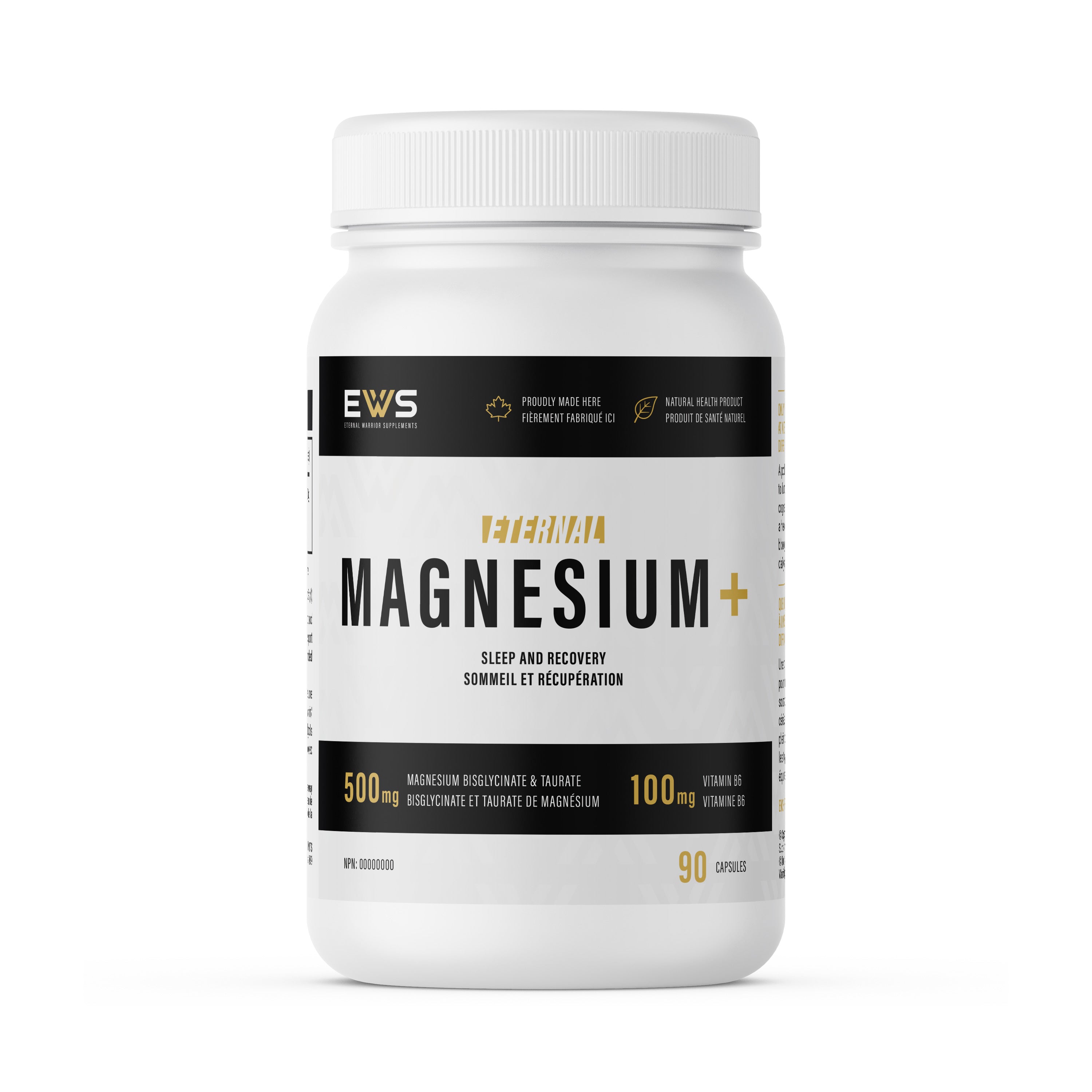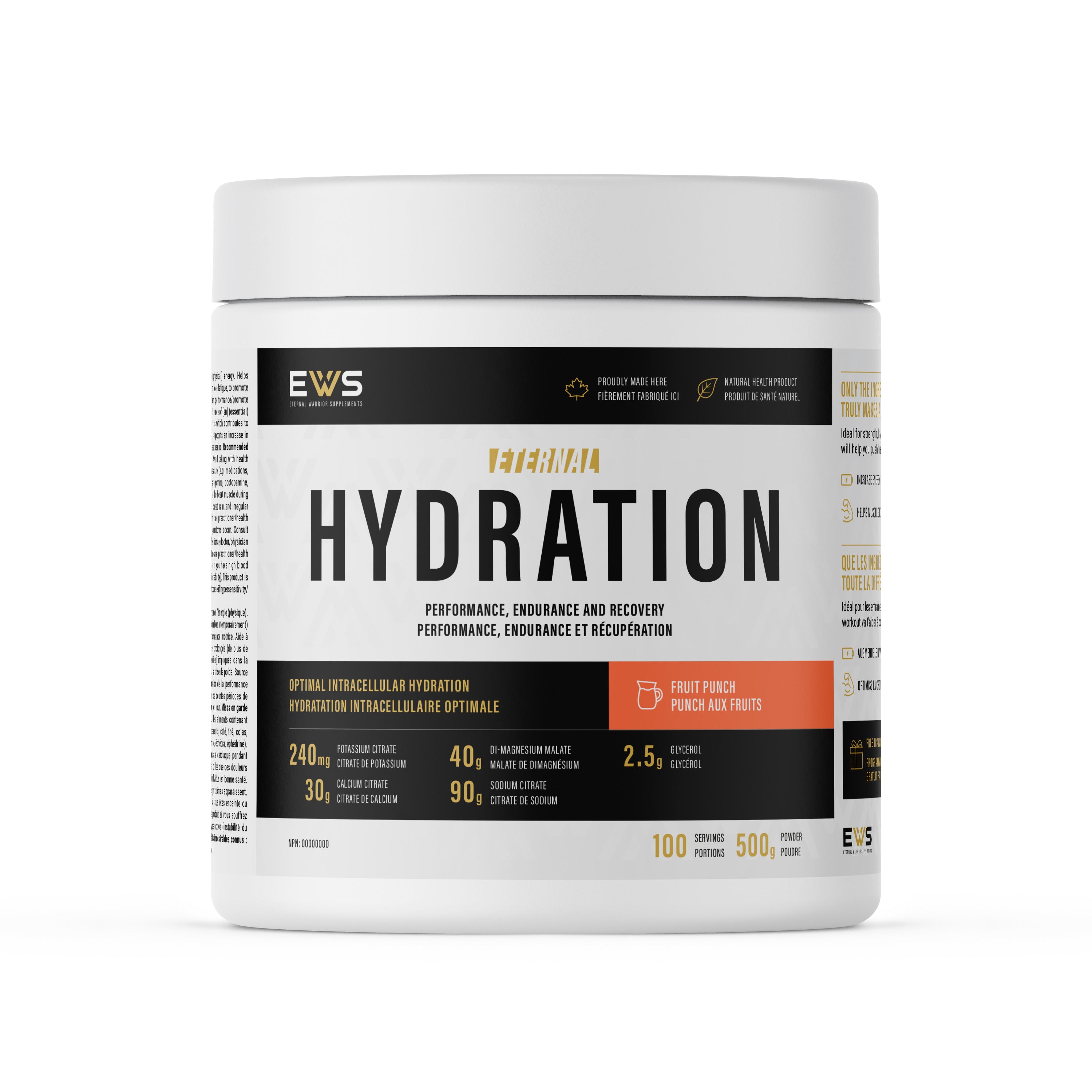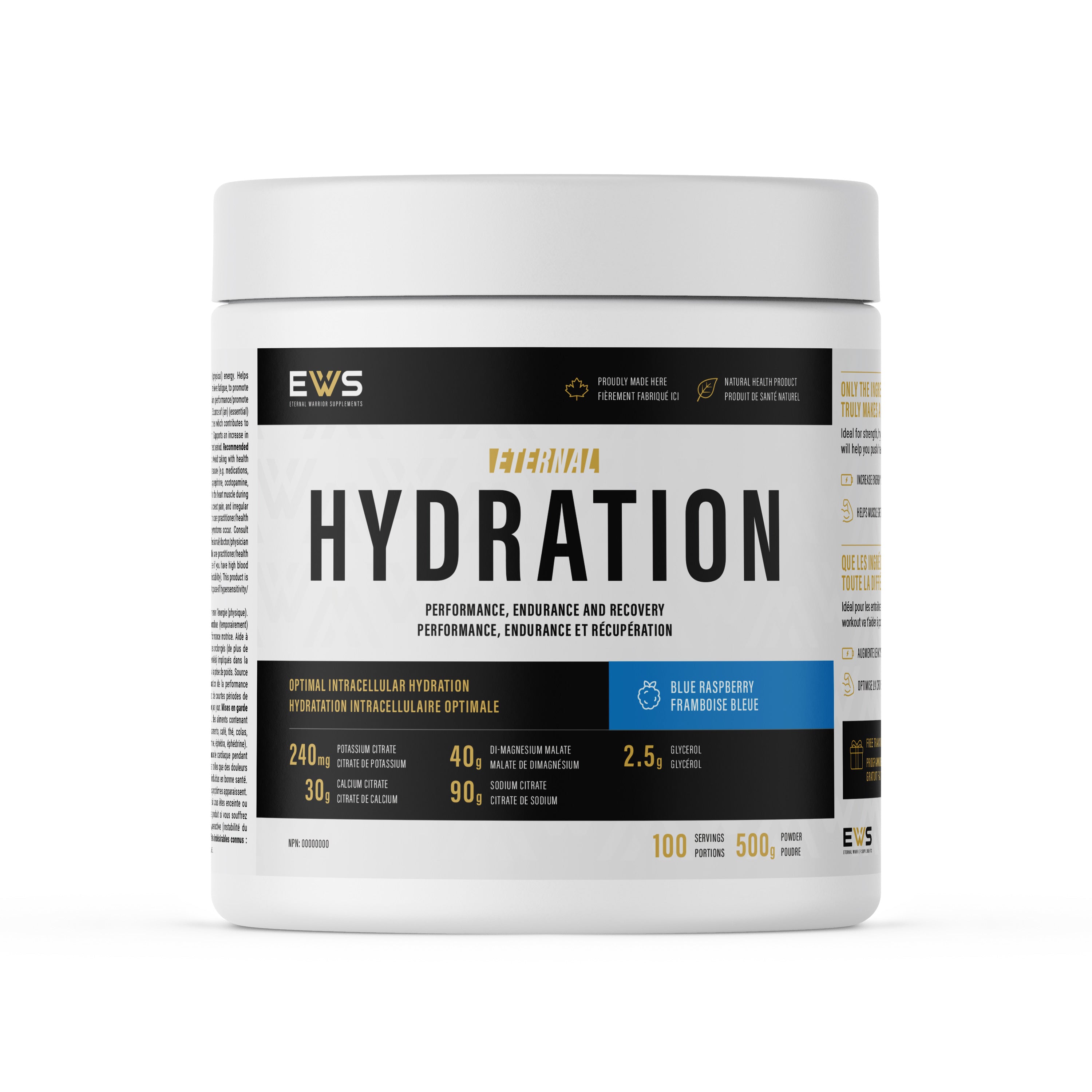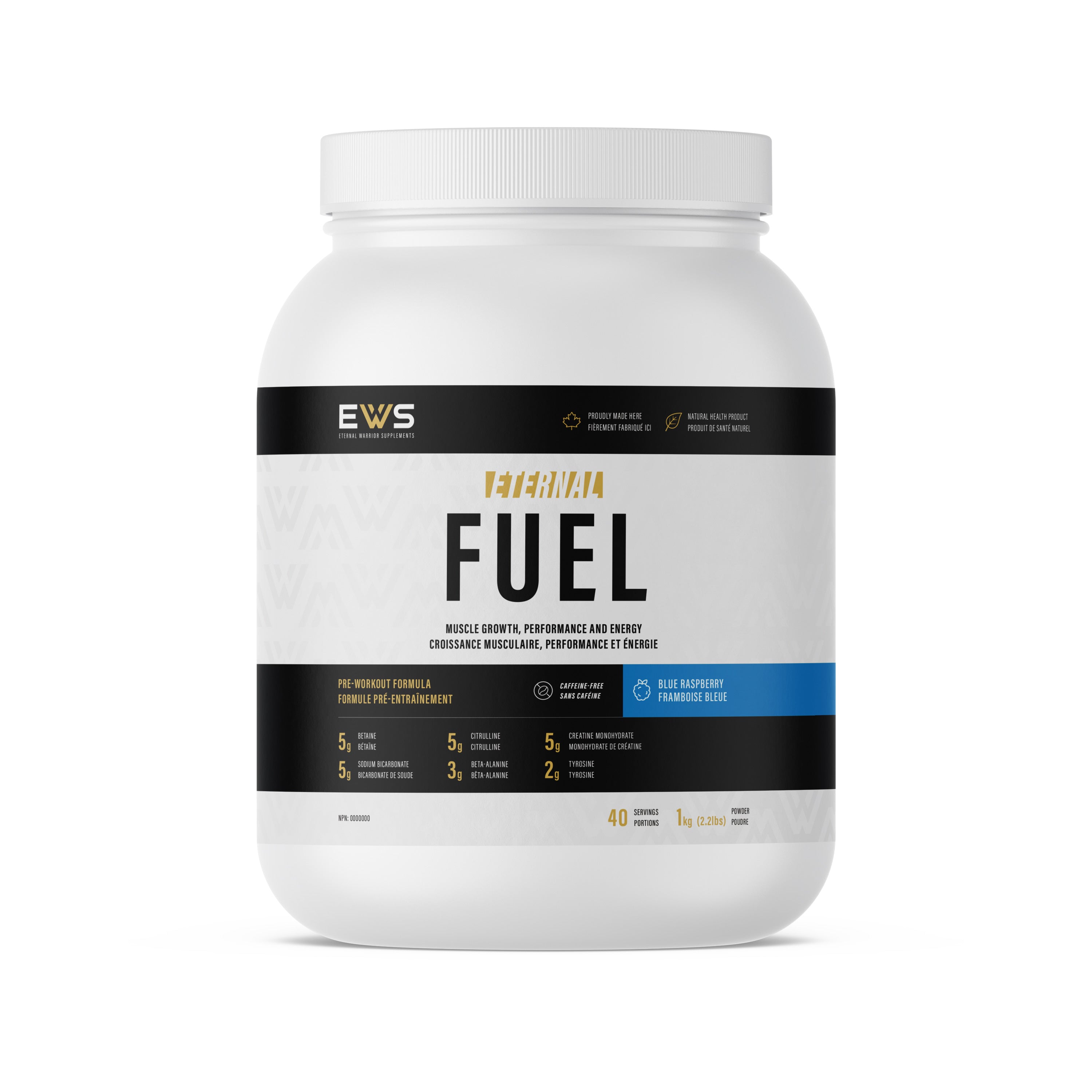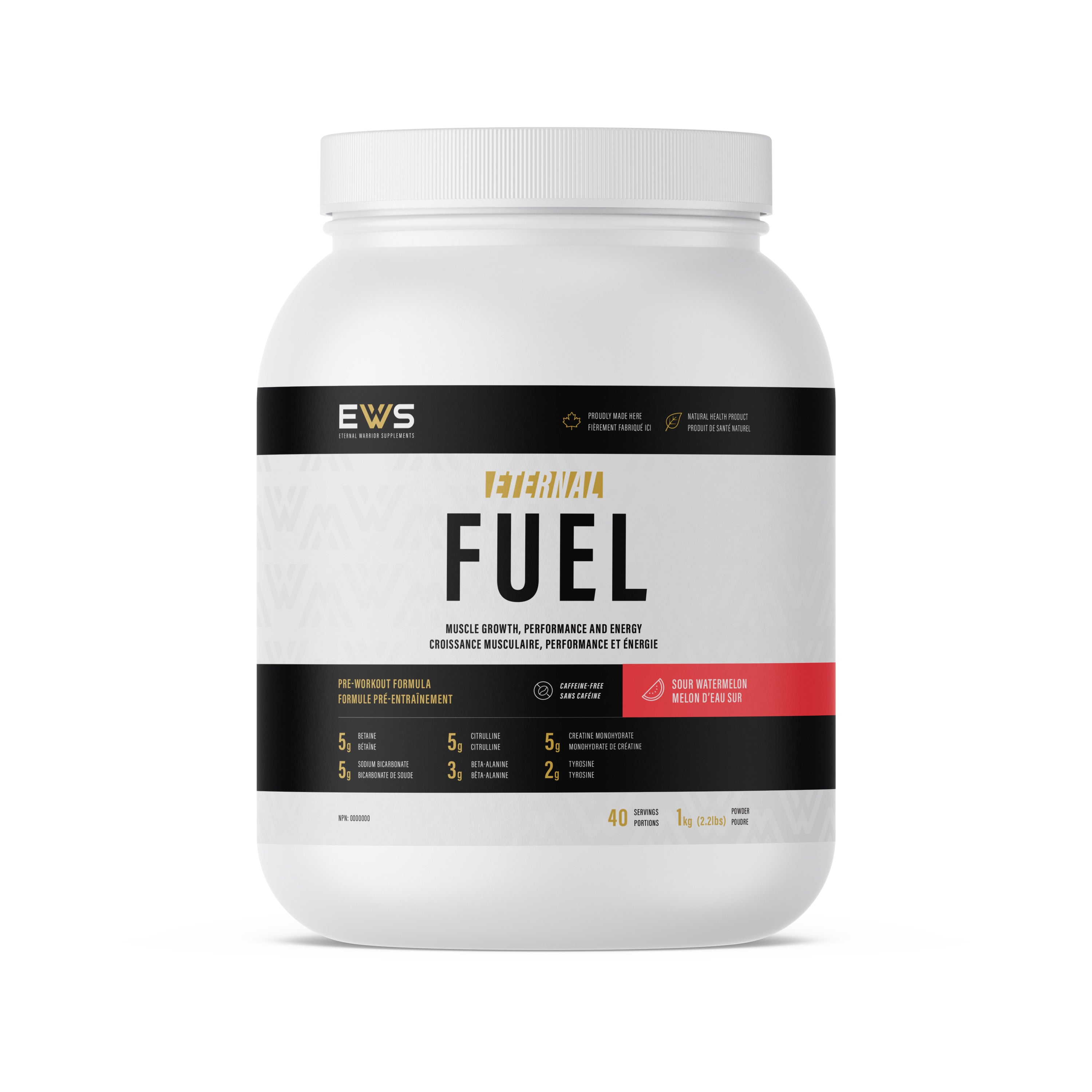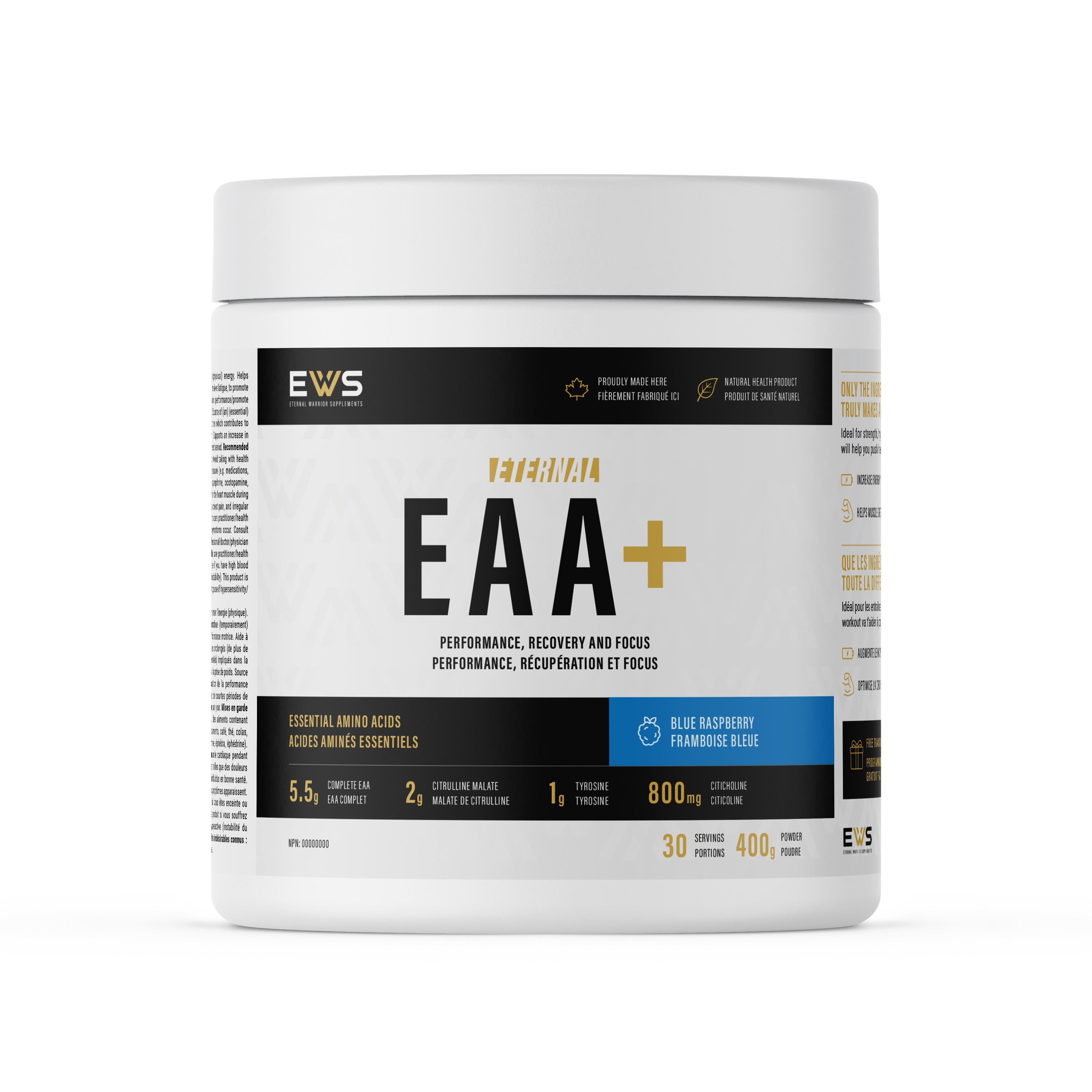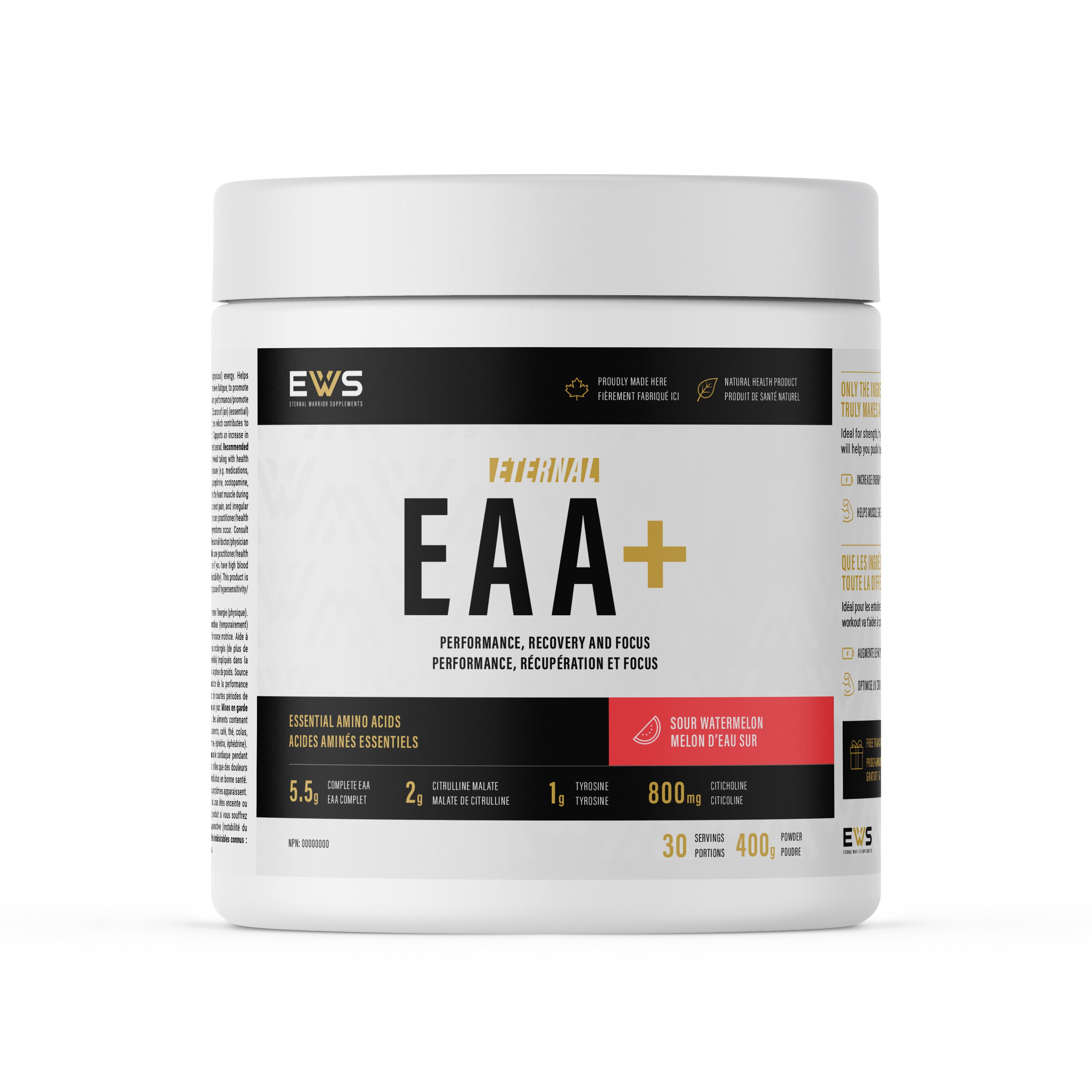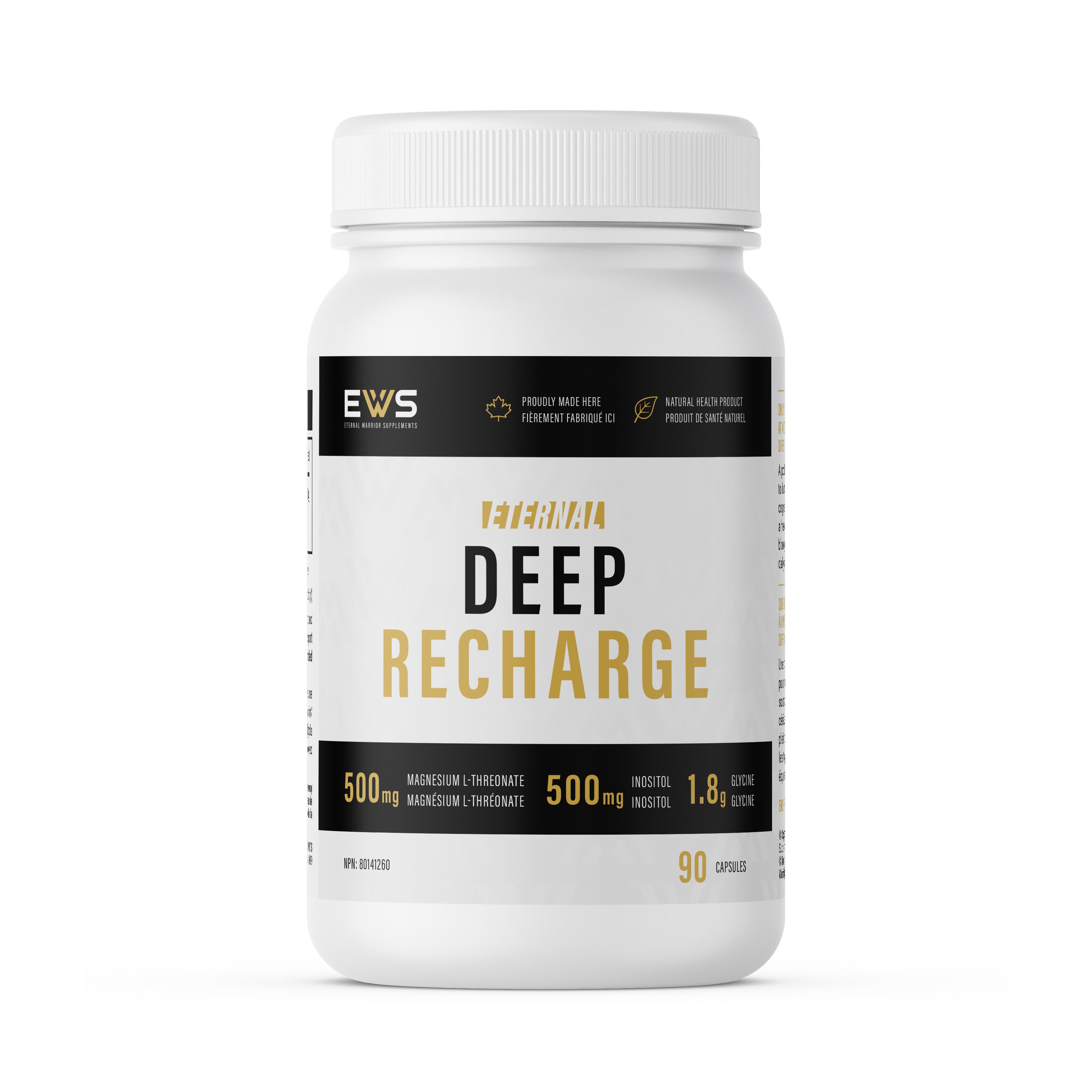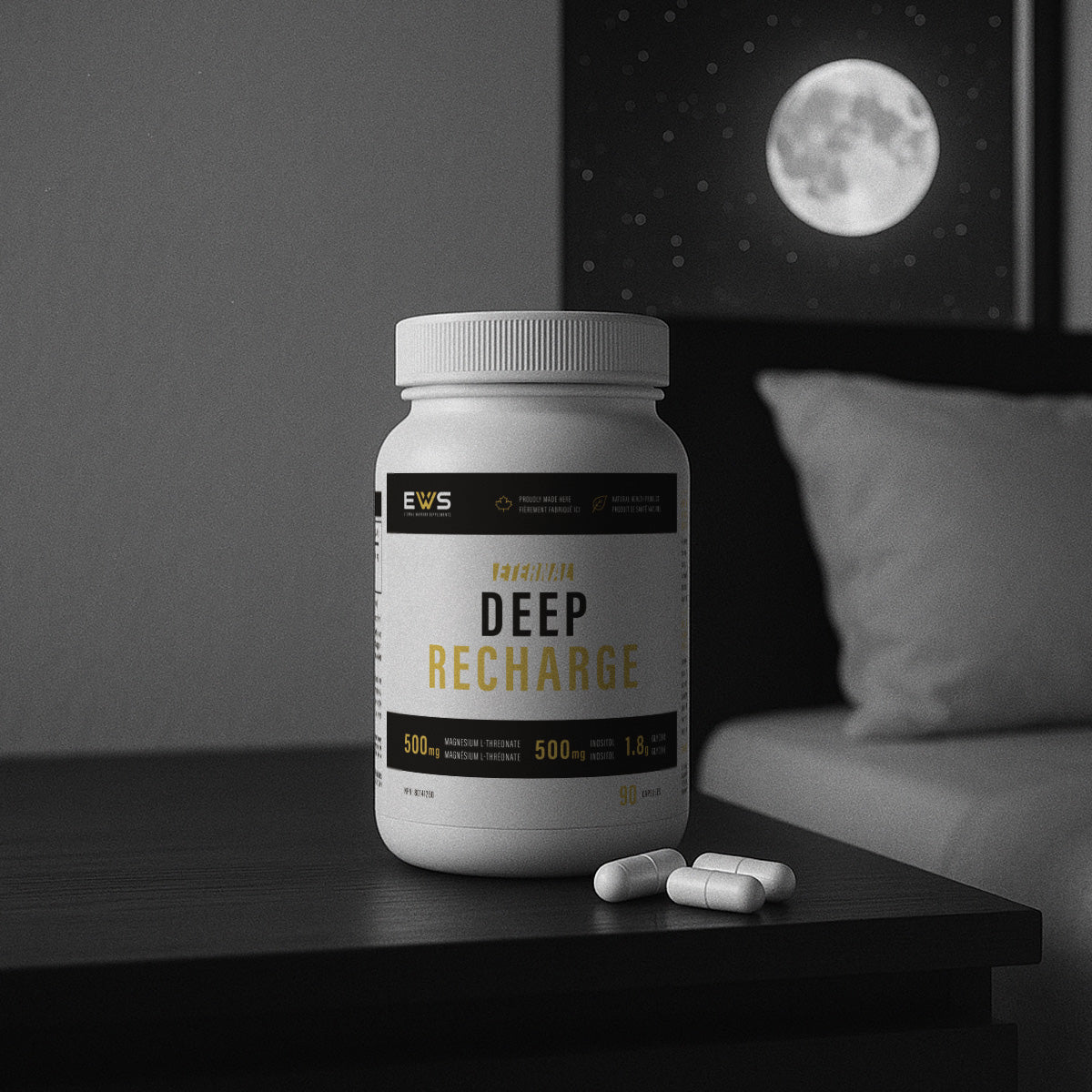By Christian Thibaudeau
We’ve come a long way...
Protein supplements, heck protein in general, used to almost be demonized.
From the laughable FDA recommended daily allowance of protein (RDA) of 0.8g per kg of body weight (or 0.37g per pound of body weight) which comes up to 73g/day for a 91kg/200lbs person to the fear campaign in the media about the evil of protein (and the goodness of carbs), since the 1990s protein has taken a back seat to the almighty carbs.
A diet based on grain foods, fruits and veggies with a small amount of protein was seen as the healthiest nutrition possible.
Never mind that this approach led to the rise of obesity and metabolism disorders like diabetes.
Such an approach makes it very hard to build a lean and muscular physique, especially with the over processed “carbs” foods found in modern grocery stores.
Oh, there always was some contrarian minds that preached for high protein and lower carbs, but they were painted as hacks or weirdos and often lost their professional credibility. For example, when Dr.Atkins wrote his “The Atkins Diet” in 1972 it was not only not well received, he became the public enemy no.1 of the experts in the nutrition ivory tower.
Until the first high(er) protein, lower carbs craze of the mid-1990s came up first with “The Zone Diet” by Dr.Barry Sears (1995) which was a higher protein (40%), moderate carbs (30%) and moderate fats (30%) approach that gained a lot of traction. Ironically, this led to a wave of popularity for the once demonized Atkins Diet.
The main reason why The Zone and The Atkins diets became more popular (but still slandered by the nutrition academia) is simply that the aforementioned obesity and metabolic disorders crisis had started to materialize and modern life, leading to a lower activity level, made it very hard for people to lose fat on a high carbs diet, and they were looking for a solution, any solution.
Fast forward to today, a protein-based diet is not only accepted as a viable alternative, but more experts also recommend upping your protein regardless of if carbs or fat is your main energy source.
As often is the case, the fitness world was ahead of the curve on this one. For decades, 1g per pound of body weight (2.2g per kg) has been the golden standard of protein intake among serious lifters.
For our 200lbs person that comes up to 200g of protein.
You can probably get the same results for a bit less, around 0.8g per pound (or around 1.8g per kg), so around 160g for our 200lbs lifter. But, as we will see, protein itself is almost impossible to store as fat, so consuming more will not hurt your fat loss efforts. It’s important to note that it’s only protein that is very hard to store as fat, if you eat a steak its protein isn’t likely to be stored a fat, but the fat in the meat can be.
PROTEIN IS HARD TO STORE AS FAT
Every macronutrient can be stored as fat, even protein. But for that to happen requires a set of circumstance that rarely happens in real life.
To be stored as fat, protein must first be converted into glucose (carb) by the liver. This is a process called gluconeogenesis. It’s important to note that protein is not converted to glucose in a 1 to 1 ration, mostly because not all amino acids can be converted. Roughly 50-70% of the protein can be converted (depending on needs).
So right off the bat, 30-50% of the extra (not used by other functions) of the protein will not possibly be stored as fat.
Then, once it’s turned into glucose, you must convert the glucose itself into fatty acids to be stored as fat. This happens via a process called de novo lipogenesis. This process is also not in a 1 to 1 ratio. 5-20% of glucose can be converted to fatty acids.
A quick calculation, if you ingest 200g or protein, around 70% is used for things like building muscle, repairing tissue, building hormones and neurotransmitters, etc.
So that gives us 60g of protein that can theoretically be stored as fat.
Out of that 60g you can produce 30-40g of glucose (50-70%).
And out of that 30-40g around 1.5g to 8g (5-20%) can be turned into fatty acids. And even then, some if that might be used for fuel. Considering that a pound of fat (0.45kg) is 1000g, that 1.5 to 8g isn’t significant.
Heck, even if you were to grossly overconsume protein, let’s say eating 400g in a day, At the most 5 to 20g of fatty acids can be produced, still a very low number.
But that’s not all.
Very rarely will your body be in a situation where it will convert protein to glucose and then to fatty acids.
Let me explain.
Conversion of protein into glucose is dependent on two factors: 1) a significant excess of protein 2) a lack of glucose available.
Lack of glucose available means that your muscles and liver glycogen stores are low or empty, which will only happen when you are in a significant caloric deficit or consume almost no carbs (e.g. keto or carnivore diet). If you have plenty of glucose available, there is no need to convert protein into glucose.
Now, here’s the kicker:
· If you don’t have much glucose available (low glycogen stores) if you convert protein into glucose it will first be used to fuel the brain (which can only use glucose and ketones for fuel, not fatty acids), then to maintain a stable blood glucose level, and finally to be stored as muscle/liver glycogen. So, it's not likely that any significant of that protein converted to glucose get turned into fatty acids.
· If you are in a caloric deficit and you were to somehow convert protein into glucose then (very unlikely when in a deficit) turn that glucose into fatty acids, you would be a lot more likely to use those fatty acids as fuel rather than store them as fat (you are in a deficit, remember).
That’s why I say that it is unlikely that you will store excess protein as fat.
IMPORTANT: That doesn’t mean that you can eat unlimited steaks, eggs and nuts. The fat in those foods can still be stored in the fat cells.
THE PROTEIN SUPPLEMENT ADVANTAGE
Let me first say that most of your protein should come from solid, unprocessed foods like meat, eggs, poultry and fish. However, I must note that for many people, especially larger, more muscular individuals, getting all your protein from solid foods might be complicated.
There is also the fact that, unless you want to always stick to the leanest protein foods possible (chicken, white fish, egg whites, 98% lean beef, game meat), increasing your protein food intake will also increase your fat intake, which you may not want.
That’s why adding 1-2 protein shakes per day, good for 50-60g of protein, makes it both easier to get all the protein you need and reduce the risk of fat storage.
Plus, there are some occasions where a protein supplement is a better option than solid food. The best example is the period around your workout, both before and after. Consuming solid foods in that time frame might be less effective because the digestive system is less active during a session and immediately afterwards. Protein powder is much easier to digest and won’t cause problems. Plus, because it’s absorbed faster, you can start the muscle building process sooner after a workout than if you ingest solid foods.
LEUCINE IS KEY
Protein is made from amino acids. 20 of them. And each of these amino acids have their own function once protein is broken down into individual amino acids.
One of the most interesting amino acids is leucine. Along with isoleucine and valine it’s one of the branched chain amino acids (BCAA). And when it comes to muscle-building it is probably one of the most important pieces of the puzzle.
The leucine threshold is the concept that a meal must deliver enough leucine—and deliver it fast enough—to flip on the intracellular switch that maximally stimulates muscle protein synthesis which leads to muscle growth.
You need a minimum of 3g of leucine in a meal/intake to trigger protein synthesis. And a higher dose is likely more effective. According to the research there are also two key findings regarding the leucine threshold:
1. The leucine threshold theory is better supported when leucine is ingested in concentrated form (leucine supplement, EAA, BCAA or from protein powder) rather than from solid foods. That is likely due to the need for leucine to be delivered fast enough (Zaromskyte, G., Prokopidis, K., Ioannidis, T., Tipton, K. D., & Witard, O. C. (2021). Evaluating the Leucine Trigger Hypothesis to Explain the Post-prandial Regulation of Muscle Protein Synthesis in Young and Older Adults: A Systematic Review. Frontiers in Nutrition, 8, Article 685165.)
2. Older individuals require more leucine to reach the leucine threshold that stimulates an increase in protein synthesis (Katsanos CS, Kobayashi H, Sheffield-Moore M, Aarsland A, Wolfe RR. A high proportion of leucine is required for optimal stimulation of the rate of muscle protein synthesis by essential amino acids in the elderly. Am J Physiol Endocrinol Metab. 2006;291(2):E381-E387.)
Now, solid foods like meat, milk, cheese and chicken are high in leucine. But as I mentioned earlier, leucine from solid foods might not work as well to reach to leucine threshold because it is not delivered fast enough.
A study (Churchward-Venne TA, Breen L, Di Donato DM, et al. (2014). Leucine supplementation of a low-protein mixed macronutrient beverage enhances myofibrillar protein synthesis in young men: a double-blind, randomized trial.American Journal of Clinical Nutrition, 99(2):276–286) found that adding a high dose of leucine (5g) it to a protein shake ncreased protein synthesis more than adding a lower dose (3g) to the protein shake. Furthermore, adding 5g of leucine to a low dose of whey protein (shake) led to the same increase in protein synthesis as a dose of whey protein 4 times greater.
That’s why I created the Anabolic Protein supplement distributed by Eternal Warrior Supplements (EWS). I added 5g of leucine to the 23g of whey, creating a mix that will maximize protein synthesis and optimize muscle building after a workout.
WHY NOT JUST USE A BCAA OR EAA SUPPLEMENT?
When it comes to stimulating protein synthesis leucine (or dileucine) by itself is more effective than BCAAs or EAAs even though they both have leucine in them. The main reason is, once again, the speed of delivery. It seems like isoleucine and valine compete with leucine for transport. Adding a lot of isoleucine and valine (like in a BCAA formulation) will thus reduce the speed of leucine delivery, making it harder to reach the leucine threshold.
I’m such a big believer in leucine that I do include it in more than the Anabolic Protein formulation; it’s also in the Drive pre-workout supplement. Ingesting 5g of leucine prior to a workout will increase the mTOR response to the session, triggering a much greater increase in protein synthesis from your session. Combining Drive before your workout and Anabolic protein after your session, followed by a solid, protein-based meal 90 minutes after, is the best way to get the most growth from your training.
Conclusion
Protein is no longer the villain it was once made out to be—it’s the cornerstone of building a lean, strong, and muscular body. Unlike carbs and fats, excess protein is extremely unlikely to be stored as body fat, making it not only effective for muscle growth but also supportive of fat loss goals. Supplements provide a practical way to hit optimal daily protein targets without the added baggage of extra dietary fats or digestive slowdowns from whole food sources alone.
Even more importantly, the science is clear: leucine plays a decisive role in switching on muscle protein synthesis. Hitting the leucine threshold quickly and effectively is what maximizes growth, and while whole foods provide high-quality protein, supplements—especially those fortified with leucine—offer the fastest, most reliable way to reach that threshold.
That’s why a well-designed protein supplement isn’t just a convenience; it’s a tool to optimize recovery, amplify training adaptations, and accelerate muscle growth. In short, if you’re serious about building muscle and maximizing results from your hard work in the gym, a protein supplement isn’t optional—it’s essential.
Protein isn’t just fuel—it’s the foundation of growth. Hitting your leucine threshold with the right supplement flips the switch for muscle building, making it the smartest way to recover faster, build lean mass, and get the most out of every workout.
